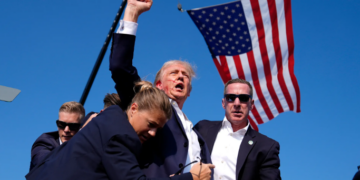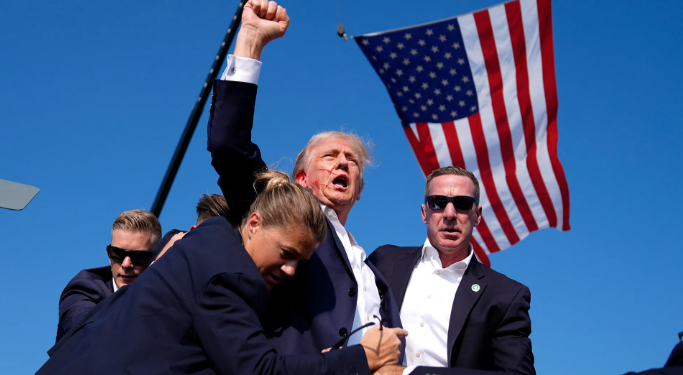By William Mwangi.
In a world that loves a comeback story, Donald Trump has done what few thought possible: he’s set to reclaim the presidency as the 47th President of the United States.
His return isn’t just a testament to personal tenacity, but it offers insights that professionals and everyday people alike can draw from, whether you’re on the front lines of HR, managing teams, or just navigating life’s curveballs.
What does it take to rise again, especially in the face of intense scrutiny, criticism, and odds that seem stacked against you? We often hear about resilience and tenacity, but it’s one thing to talk about it and another to embody it.
Trump’s comeback story makes us reflect on our own capacity to bounce back. How do we respond when the world doubts us? Do we have the grit to face our challenges head-on and push through?
As professionals, we’re taught to navigate systems, respect rules, and work collaboratively, but Trump’s trajectory also reminds us of the importance of adaptability and strategic thinking.
While the corporate or political playbook often prescribes a certain level of conformity, sometimes true innovation comes from breaking away from traditional paths and taking bold risks.
Are we willing to take these risks in our careers? Do we stay within our comfort zones, or do we dare to pursue goals that might seem unattainable?
Trump’s base of support remains undeniably loyal. For professionals, this brings up questions of leadership. How does one cultivate loyalty and trust, even when opinions differ? Trump’s influence demonstrates that leaders don’t need to be universally liked to be effective.
They need to inspire, stand firm in their beliefs, and keep moving forward. This perspective nudges us to consider: What does real leadership look like in our own roles? And are we building genuine, lasting connections, or are we relying on momentary influence?
Turning to what Trump’s win could mean on a global scale, particularly for Africa, the economic implications are multifaceted.
Trump’s “America First” approach during his previous term often meant a focus on domestic issues over international assistance or engagement.
African professionals, business leaders, and policymakers might brace for a continuation of policies that prioritize American interests and protectionism. For instance, his administration placed restrictions on certain African countries regarding immigration and limited U.S.-Africa trade initiatives.
Yet, Trump’s policies also created opportunities for Africa to turn inward and build regional alliances. His administration’s stance unintentionally nudged the continent to consider strengthening the African Continental Free Trade Area (AfCFTA), encouraging a self-sustained economy that benefits African businesses and entrepreneurs.
What lessons can African nations take from Trump’s policies? Can Africa use this period as a catalyst to enhance its autonomy, focusing on intra-continental trade, innovation, and less reliance on foreign aid?
In an increasingly interconnected world, Trump’s presidency serves as both a challenge and a reminder: “In a world full of followers, be a leader.” Whether you’re a seasoned professional or just entering the workforce, let this moment inspire you to think deeply, lead boldly, and never underestimate the power of resilience.









